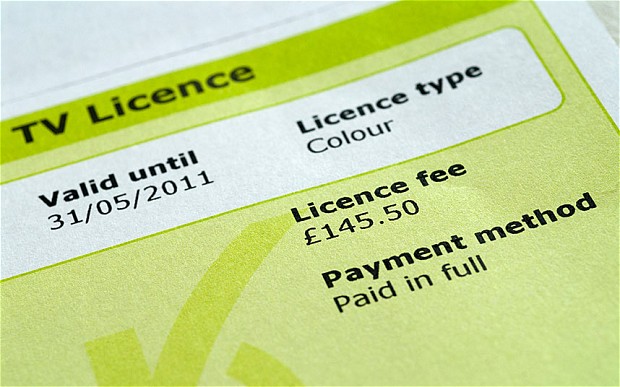Despite talk of a complete reassessment of the scope and scale of the British Broadcasting Corporation (BBC) when it’s Royal Charter expires next year, the corporation is still sending some 100,000 threatening letters to households every day, according to the Times of London. The British state broadcaster, which relies on a flat TV ‘tax’ levied on all households with a television whether they use the service or not, collects £3.72 billion annually from the levy. The licence fee is supplemented by other income the BBC makes from selling it’s programmes worldwide, which are themselves paid for with cash collected from the licence fee.
Although resistance to the fee is becoming more mainstream, with one popular anti-fee Facebook page boasting nearly 65,000 followers, actual evasion stands at only 5-6 percent. Despite this, a freedom of information request has revealed the BBC has sent 25.1 million letters at an estimated cost of £10 million over the past two years.
The letters themselves are designed to intimidate the recipient into coughing up the £145.50 fee a year, threatening ‘investigations’, ‘enforcement’, and advising the reader what to expect in court. Although Members of Parliament voted in March to decriminalise non-payment of the fee, the BBC could prosecute in court, and there were over 193,000 cases resulting in just 51 jail sentences in 2012.
The BBC itself continues to court controversy in its taxpayer-subsidised coverage of news and major events. The corporation received over 4,500 complaints in 2012 for it’s coverage of the Queen’s Diamond Jubilee, which was described as “mind numbingly tedious”.
The political bias of the BBC’s news programmes is also an ongoing cause for contention, with freedom of information requests showing that the BBC buys significantly more copies of the left-wing Guardian than any other paper. According to the Audit Bureau of Circulations, the Guardian is one of the least read newspapers in the UK with only a 10th of the daily circulation of The Sun.
The BBC Royal Charter is due for renewal in 2015, and this document governs the licence fee, scope and remit of the organisation. Renegotiation over this is likely to be one of the first big jobs, and first big controversies for David Cameron or Ed Miliband after the election.

COMMENTS
Please let us know if you're having issues with commenting.